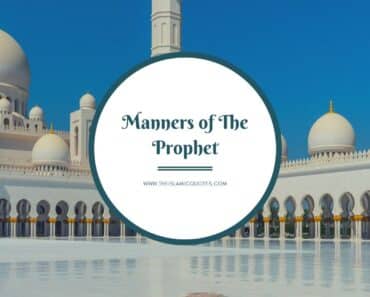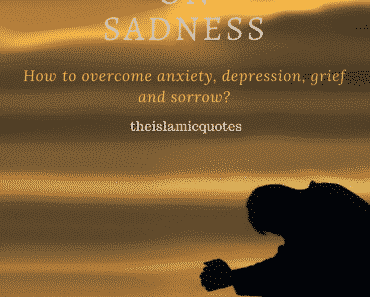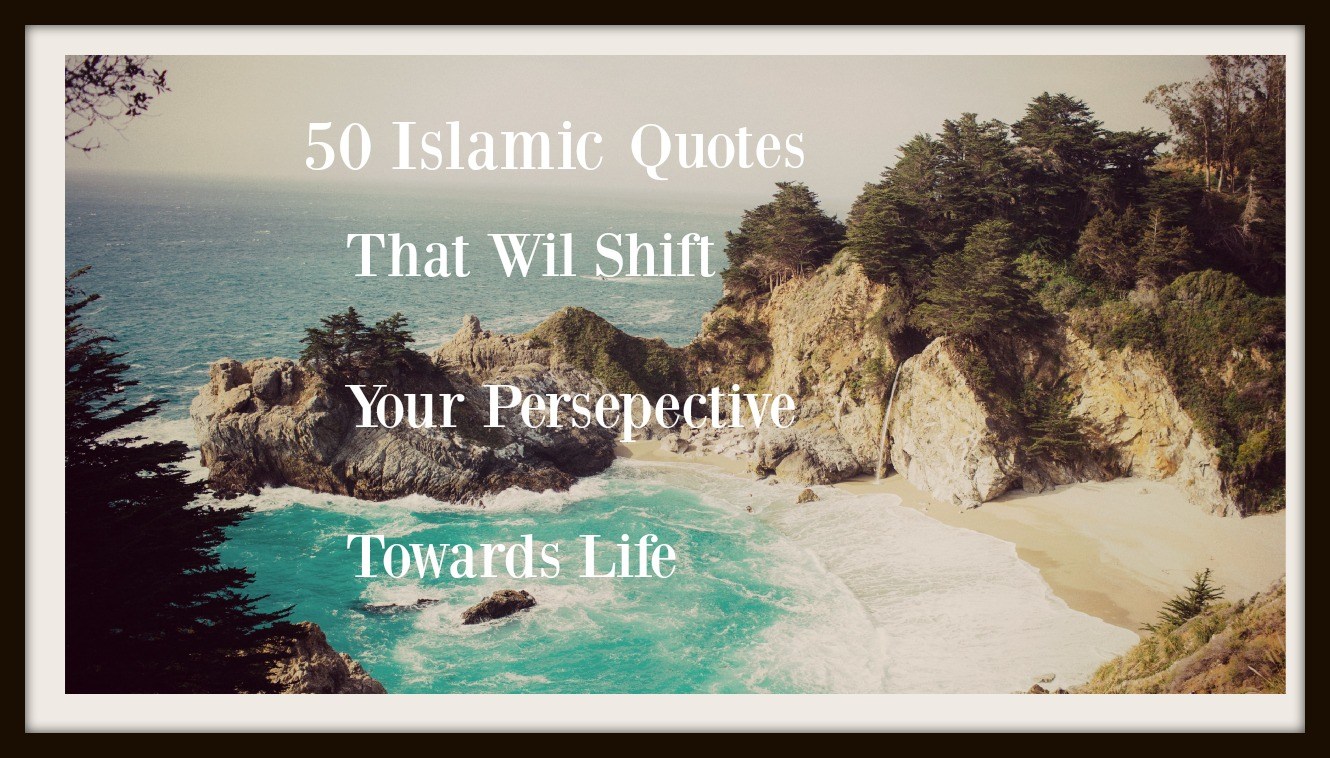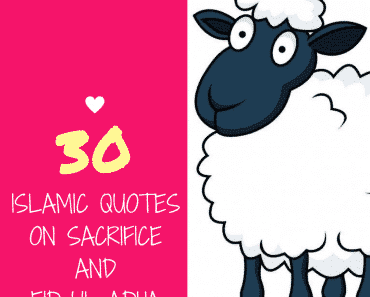Islamic poetry is a way for the reader to express his or her inner feelings through the use of beautiful Islam Shayari.
There are various types of Islamic poetry available in Urdu, such as Urdu Islamic Shayari, Islamic quotes in Urdu and Ghazal in Urdu.
The history of Islamic poetry in Urdu is rich and diverse, reflecting the cultural and literary contributions of the Islamic world to the Urdu language. Urdu poetry, rooted in the Indian subcontinent, has been deeply influenced by Islamic themes, values, and traditions.
Here’s a brief overview of the history of Islamic poetry in Urdu:
13 – Early Influences (17th to 18th centuries):
The Mughal era played a crucial role in shaping Urdu poetry, as it was a period of cultural and artistic flourishing. Urdu, as a language, evolved with the blending of Persian and local languages, with Persian being the dominant literary language of the time.
Poets like Wali Dakkani and Sauda were among the early contributors to Urdu poetry. They often incorporated Islamic themes, Sufi mysticism, and Persian poetic forms into their works.
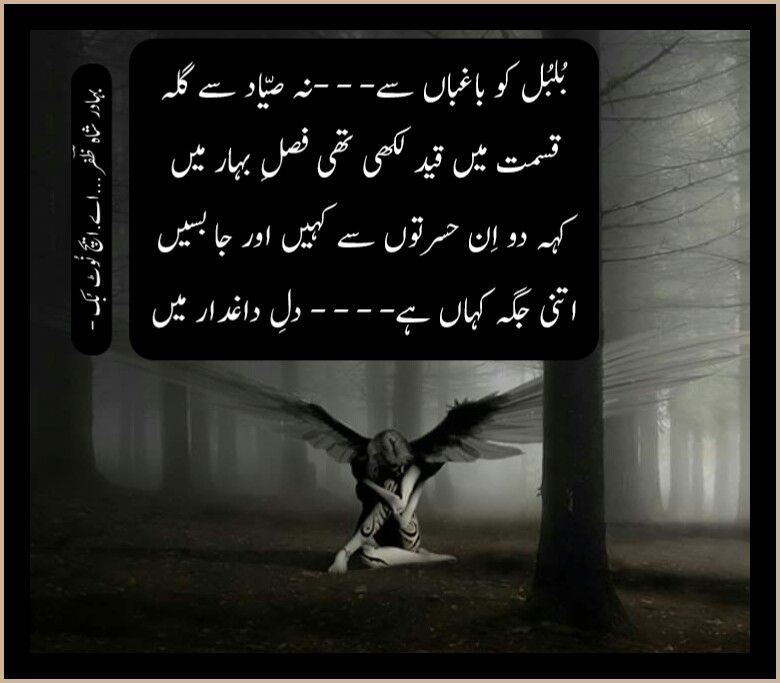
12 – Classical Era (18th to 19th centuries):
The classical era saw the rise of prominent poets such as Mir Taqi Mir and Sauda. These poets explored themes of love, mysticism, and spirituality, often using Islamic symbols and metaphors.
Mir, in particular, is known for his ghazals that delve into the complexities of human emotions, often expressing spiritual longing and devotion to God.
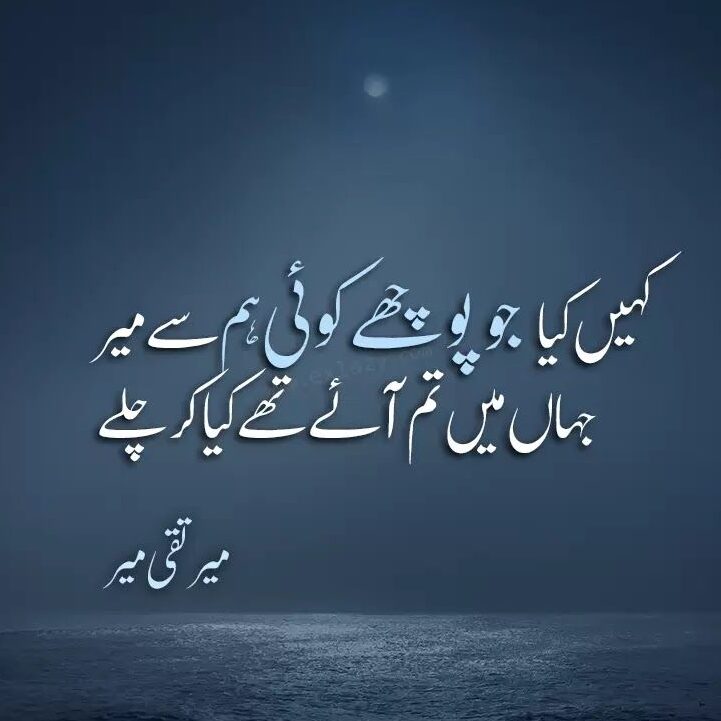
11 – Sufi Poetry (18th to 19th centuries):
Sufism, with its emphasis on love for God and spiritual introspection, greatly influenced Urdu poetry. Poets like Khwaja Mir Dard and Siraj-ud-Din Ali Khan added a Sufi dimension to their verses, exploring the divine aspects of love and devotion.
The concepts of ‘Ishq-e-Haqiqi’ (true love for the Divine) and ‘Ishq-e-Majazi’ (worldly love) became central themes in Sufi poetry during this period.
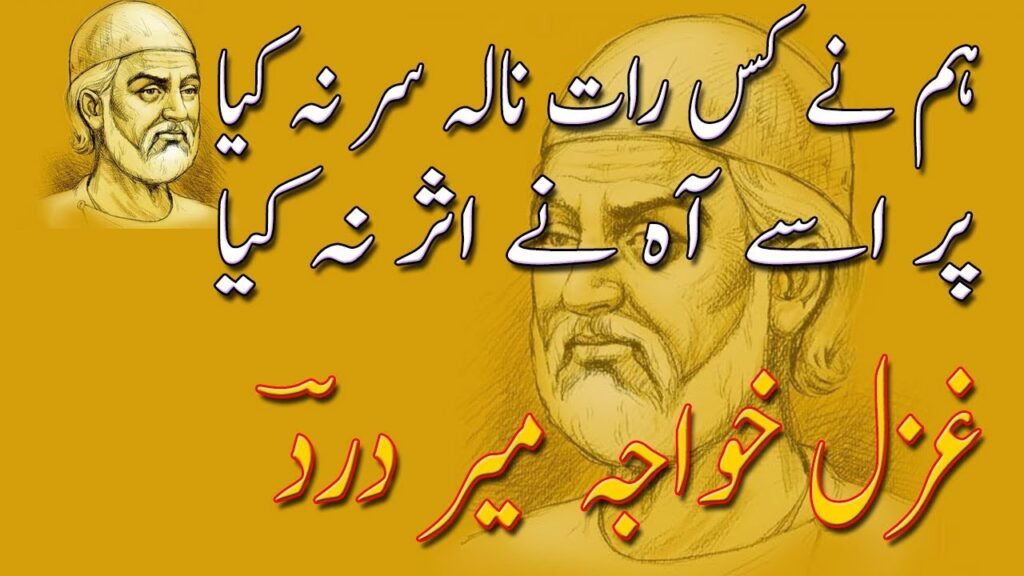
10 – Modern Period (20th century onwards):
Allama Iqbal, often referred to as Mufakkir-e-Pakistan (The Thinker of Pakistan), was a significant figure in the development of Islamic poetry in Urdu. His poetry reflects a deep understanding of Islamic philosophy, and he advocated for the revival of Islamic thought and values.
Faiz Ahmed Faiz, another renowned poet of the 20th century, touched upon social and political issues from an Islamic perspective in his poetry. His work often conveyed messages of justice, equality, and human rights.
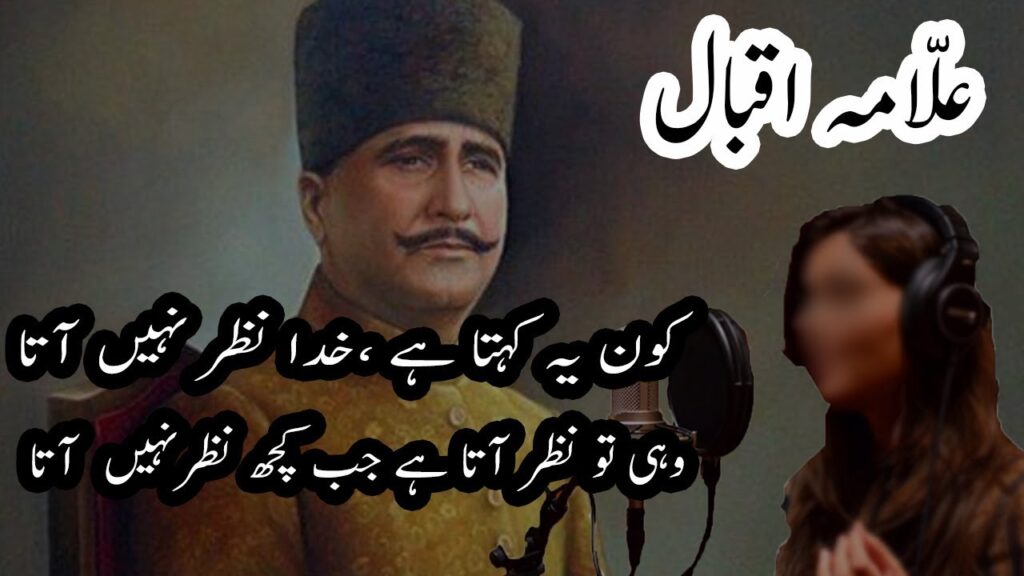
9 – Contemporary Era:
Contemporary Urdu poets continue to draw inspiration from Islamic traditions. Themes of faith, spirituality, and social justice are prevalent in the works of poets like Ahmed Faraz, Munir Niazi, and Parveen Shakir.
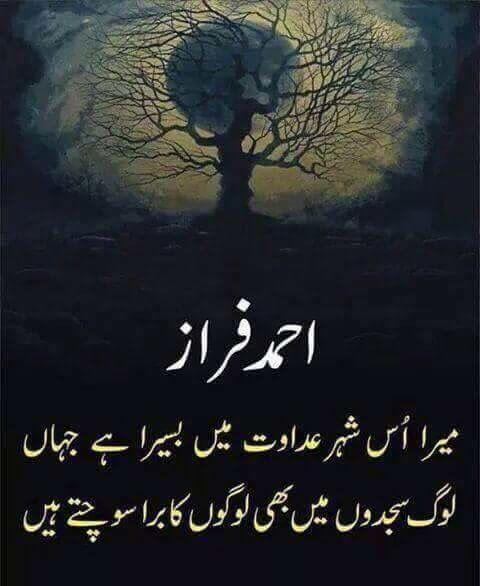
Let’s read a few more beautiful verses below!!
8 – Allah Listens
تم سمندر کی گہرائی سے پکارو گے
اللہ وہاں بھی تمہاری سُنے گا۔
7 – Allah Will Guide You
جب میں پریشان تر ہوتا ہوں اور وہ مجھے صبر دیتا ہے
جب میں بھٹک جاتا ہوں اور مجھے راحت دیتا ہے
6 – Trust Only Allah
آپنے رب پر بھروسہ رکھو، وہ تمہیں وہ دے گا جس کا تمہیں وہ گمان بھی نہیں۔
5 – Love For Prophet (PBUH)
حضورﷺ میری تو ساری بہار آپ سے ہے
میں بے قرار ہوں، میرا قرار آپ سے ہے
4 – Ummah Of Muhammad (PBUH)
خوش نصیبی یہی پہ ختم کہ ہم
اٗمّتِ رسولﷺ ہیں
3 – Allah Will Answer Your Prayers
اپنی مانگی ہوئی دعاؤں پر بھروسہ رکھو
وہ رحم
2 – Bow Before Allah
اس کے در پر سکون ملتا ہے
اس کی عبادت سے نور ملتا ہے
جو جھک گیا اللہ کے سجدے میں
اسے کچھ نہ کچھ ضرور ملتا ہے
1 – Allah Is Merciful
میں نے کہا: تھک چکا ہوں
جواب آیا
لا تقنطوا من رحمت الله
خدا کی رحمت سے نا امید نہ ہو
Summing Up
Throughout its history, Islamic poetry in Urdu has provided a platform for poets to explore the intersection of spirituality, love, and social consciousness within the framework of Islamic values.
The genre continues to evolve, with contemporary poets adding their unique perspectives to the rich tapestry of Urdu literature.


